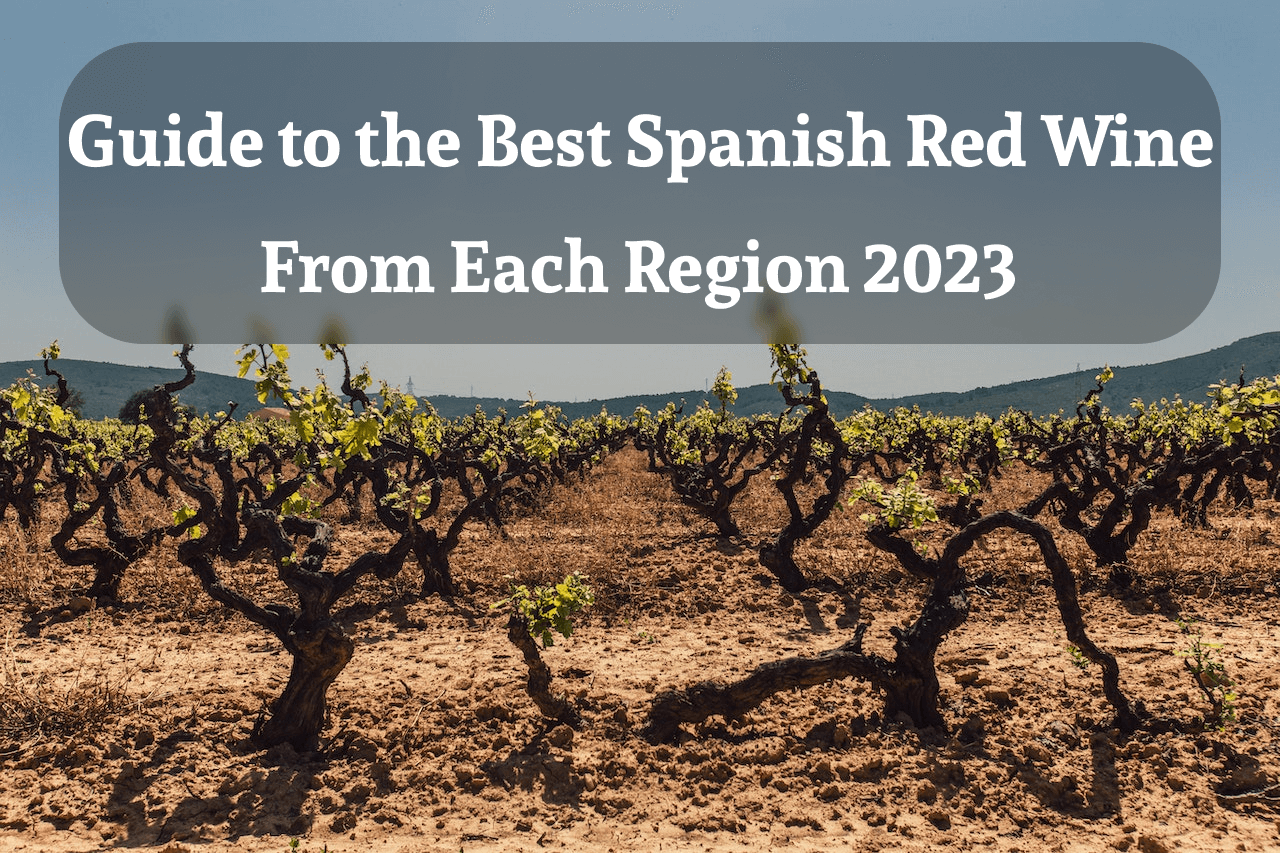
Spain is a country with an ancient wine-making history and is home to some of the greatest wine regions in the world. Spanish red wines from Rioja and Ribera del Duero are only matched by the likes of the mighty Italian Barolo and Bordeaux reds. Spain grows more vines than any other country in the world and is only topped by Italy and France in terms of the volume of wine produced.
It can be hard to break into the world of Spanish red wine, as pretty much every region of the country produces wine to some extent. There are a lot of different names to remember when perusing the labels, whether you’re shopping online or in a store. We’re here to help you with that. Read on to discover Spain’s most important regions and sub-regions and what makes each of them different. We’ll also recommend some of the best Spanish wines that are available from each region, right now.
Best Spanish Red Wines by Region

- Ribera del Duero
- Rioja
- Castilla y Leon
- Galicia
- Catalonia
- Majorca
- Valencia
- Castilla-La Mancha
- Aragon
- Navarra
Ribera del Duero Region
Ribera del Duero is a famous appellation for Spanish red wine, found within the northern region of Castilla y Leon. It has been awarded Spain’s second-highest wine classification (DO) and boasts a perfect cocktail of geographical features for top-quality wine.
The appellation sits on an elevated plateau, which the Duero river runs through. There must be something magical in the water because it also provides for one of Portugal’s greatest wine regions, Douro Valley. Two huge mountain ranges provide shelter and have helped to create a dry terroir, with extreme temperature changes between night and day. Keep an eye out for this great value Crianza from Tinto Pesquera, made from 100% Tempranillo. Crianza’s are always aged in used oak for at least a year, so you can enjoy them immediately. For something meatier and more serious, consider this Dominio del Aguila Reserva. It’s a majority Tempranillo blend that you can invest some time into, and is rated extremely highly.
Rioja Region
Rioja is the most esteemed Spanish red wine region by far. It’s slightly further north than Ribera del Duero and famed for its bold, smokey and tannic red wines. It is distinct for being the first region in Spain to be awarded DO status, and in 1991, it became the first region to achieve DOCa status too, which is the highest in Spain.
The region has a variety of soils and is protected from the Atlantic Ocean by The Cantabrian Mountain Range. Rioja wines are often blends made from a majority Tempranillo, with smaller parts of native Spanish wines, like Garnacha.
If you want to try a great value Rioja, we recommend this Reserva from La Rioja Alta. However, to truly experience how good Rioja can get, you must try a Gran Reserva. Gran Reserva’s are wines from outstanding vintages and age for longer in oak than any other Spanish red wines. La Rioja Alta is a great name to look out for while shopping, and we highly recommend their Gran Reserva 890 too. It is packed with dark fruits and scorched earth flavours, and you can easily keep it in the cellar for another 20 years.
Castilla y Leon Region
Castilla y Leon is the wider region that contains Ribero del Duero, as well as the appellations of Bierzo, Toro and Rueda. It’s the largest region in the country and is dominated by the Tempranillo grape. The climate is generally warm and dry here during the growing season, thanks to the cover provided by the Cantabrian Mountains.
To try a good Spanish red wine from this region at a lower price, look out for this red blend from Quinta Sardonia. It’s lush and surprisingly floral, with welcome notes of rose petals.
The only place in Castilla y Leon where Tempranillo doesn’t prevail is Bierzo. This appellation is home to our top-rated recommendation. Ultreia Valtuille, produced by Raul Perez, is a terroir-driven wine made from the lesser-known Mencia grape. Medium-bodied with notes of dark plum and strong minerality, Mencia is a beautiful way to start exploring some native Spanish red wine varietals.
Galicia
Galicia is the northwestern portion of Spain, exposed to the Atlantic Ocean. While it is sunny, it also has the most rainfall of any region in the country. Many Spanish red wine grapes struggle to ripen here, but there are some amazing success stories too.
Being so close to the northern parts of Portugal, there are some overlaps between Galician and Portuguese wine cultures. This is an excellent wine by Bodegas Ordonez, made from a popular grape called Tempranillo.
Our second Galician recommendation is a Grenache wine, A Coroa’s Ladeira Vella. This is produced in limited volumes, by one of Galicia’s oldest wineries.
Catalonia Region
On Spain’s opposite coast, Catalonia is distinguished from other regions by the diversity of its wine. They grow some distinctly Spanish red wine grapes here, such as Monastrell and Tempranillo, but the Bordeaux influence is also strong.
The most famous red wine appellations in Catalonia are Monsant and Priorat, which experience a sunny, Mediterranean climate. Grenache and Carignan excel here and form the basis for both of our recommendations. Plaer is a wine from Priorat at a very reasonable price, bursting with concentrated fruit flavours and lush tannins. It’s perfect for those who want to taste one of Catalonia’s most esteemed sub-regions.
An even higher-rated option is this stunning Kosher wine, Peraj Ha'Abib. It’s made from Grenache, Carignan and Cabernet Sauvignon grapes sourced from Monsant, and shows bold flavours coupled with an elegant structure.
Majorca Region
Wine has been produced in the Balearic Islands since Roman times. Majorca is the largest of the lot and is the only island to achieve DO classification so far. The Balearics have a hot Mediterranean climate, and a selection of native grapes, which are unique among Spanish red wine varietals.
Look out for the label of Can Axartell, and their Ventum wine. It’s a top-rated blend of several grapes: Merlot, Syrah and Callet. The result is a delicious, medium-bodied red with distinctive notes of wild berries and smoke.
For something in the same genre, but with hints of sweetness and herbs, try The Artist. It is also a rich blend of Manto Negro and Callet with a backbone of French grapes.
Valencia Region
Valencia faces the Mediterranean Sea, in central-eastern Spain. It is home to a wide variety of sub-regions and red wine styles. Valencia has something for everybody, from serious Spanish dry red wines, to sweet dessert wines. One of the most popular grapes in Valencia is Monastrell, more commonly known by the French name Mourvedre. It makes up a quarter of all plantings.
To try a high-quality expression of Monastrell, look no further than El Seque from Atradi estate. This is 100% Monastrell, grown in the arid sub-region of Alicante. It is a hearty, full-bodied wine, and perfect for those who want to try an archetypal Monastrell.
On the other hand, you can also try a native Valencia grape at extraordinary value. Finca Terrerazo is made from 100% Bobal, sourced from a single vineyard that sits 800 metres above sea level. Bobal is not well known outside of Spain, so if you're a lover of other bold Spanish reds, this can be your opportunity to try something new.
Castilla-La Mancha Region
Castilla-La Mancha is a mercilessly hot region, covering a large area just south of Madrid. It’s a region for tough grapes, so red varietals are the most popular. You can find plenty of Spanish red wine varietals, such as Bobal, Grenache and Monastrell, but robust Bordeaux grapes like Cabernet Sauvignon and Petit Verdot are also planted under the scorching sun.
To try a true Spanish gem, we recommend this Bobal-based wine from Bodegas Ponce. It is one of the best-rated expressions of this native grape that you can buy, and since Bobal is not widely known, it can be your secret.
For a taste of how a neglected Bordeaux grape can flourish in the right terroir, this Petit Verdot from Marques de Grignon is well worth considering. The grape often fails to ripen at home, but in the baked earth of Castilla-La Mancha, it reveals notes of juicy blackberry and a deep herbaceousness.
Aragon Region
Aragon is located in the central part of northern Spain. Its climate is generally continental, and as it stretches into the Pyrenees, it boasts some high-elevation vineyards. Aragon is the probably birthplace of the Grenache (or Garnacha) grape, so to keep things as authentic as possible, keep an eye out for Aragonian Grenache.
One that we highly recommend is this Garnacha from Bodegas Breca. Its fruits were grown at approximately 1000 metres above sea level, making for a potent, complex wine that combines quality with great value.
Navarra Region
The region of Navarra is found in Spain’s bountiful northern side and is home to a wide variety of Spanish red wine styles. Dessert wines are made here, and Grenache excels in the region's rosé wines. It has several geographical factors that tone down the natural Mediterranean heat. The River Ebro flows through the region and the Atlantic Ocean is nearby - both bodies of water provide a slight cooling effect. The Pyrenees Mountain Range also lies slightly to the north, forming a natural shelter.
To begin exploring Navarra, we recommend this offering from Artadi estate. Pasos de San Martin is a Grenache of superb quality, exploding with notes of strawberry and cherry, and perfect for some long-term cellaring.
Google FAQs about Spanish Red Wine
-
What is a Spanish red wine called?
Tempranillo is the most popular Spanish red wine varietal by far. It's used to make famous wines such as Rioja and Rioja Gran Reserva, which have become almost synonymous with Spanish red wine. There are also many examples of alternative Spanish names for international grapes, such as Garnacha instead of Grenache, or Monastrell instead of Mourvedre. Sparkling wine is also called Cava in Spain.
-
What are Spanish reds?
Examples of Spanish red wine grapes are Tempranillo, which is used to make Rioja and Ribero del Duero. There is also Garnacha (Grenache), Monastrell (Mourvedre), Cariñena (Carignan), Bobal, Mencia and Manto Negro.
-
Why is Spanish wine so good?
Spain has had a long time to perfect the art of making wine. It is believed that the Phoenicians brought the tradition of wine-making to Spain as early as 1000BC. Spain also has a range of fantastic climates for growing grapes. In some parts, such as Castilla-La Mancha, it is extremely continental - dry and hot in the summer and very cold in the winter. In other parts, such as Galicia, it is wet, sunny and green. The result of this diversity is a wide variety of grapes being grown in their ideal micro-climates, which makes for excellent wine.
Spain has some of the best red wine regions on the planet. It boasts some truly excellent terroir for cultivating red wine grapes and a depth and variety of grapes that are well worth exploring. By now, we hope you feel slightly better informed and ready to take the plunge into the world of Spanish red wine.






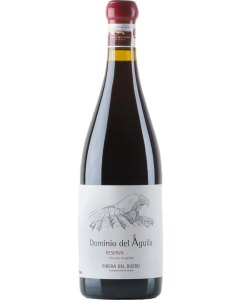


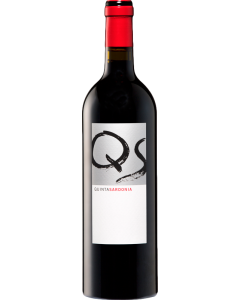









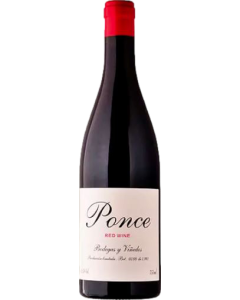



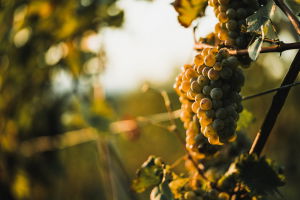





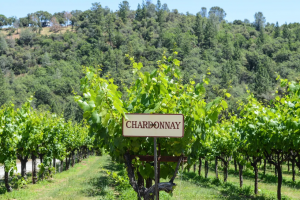

They have a great selection of Georgian wines which is rare for Europe. Fast UPS shipping with delivery at your door.